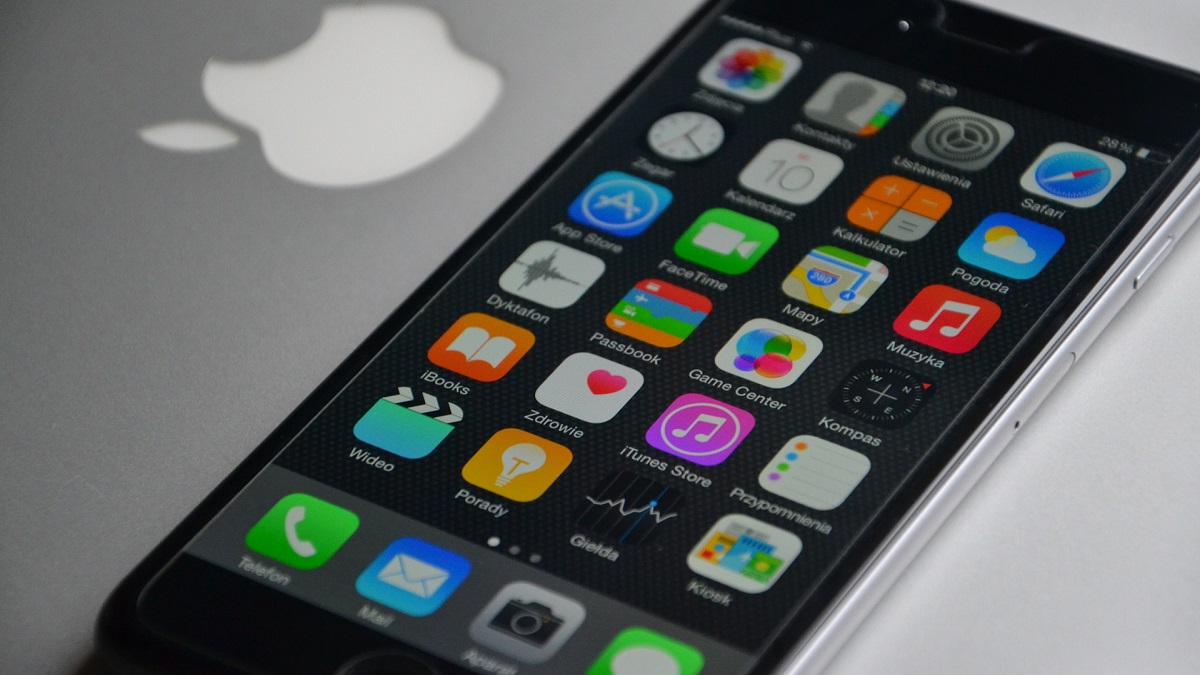
Apple Inc. has taken a tough stand against tracking with its App Tracking Transparency (ATT) platform. The iPhone maker even went against the insanely popular Chinese apps that were trying to circumvent ATT with Chinese Advertising ID.
There was a growing concern about Chinese apps trying to deploy a successful workaround for Apple Inc.’s ATT. However, Apple has taken a rather bold and courageous stand by blocking the attempts by popular apps like TikTok and QQ.
Apple ATT works better than any other solutions to protect iPhone users from constant tracking?
Before Apple deployed the App Tracking Transparency (ATT), advertisers had ready access to Apple’s Identifier For Advertisers (IDFA). The IDFA served as an excellent way to track users across apps and websites.
However, Apple Inc. deployed the ATT and cut off tracking at the very source: iPhone users. With App Tracking Transparency, developers need to get user permission to access IDFA.
"Apple made its position clear shortly afterwards by blocking updates to several Chinese apps that it had caught enlisting CAID in their software updates from its App Store."
CAID built to sidestep Apple's App Tracking Transparency.https://t.co/AnRdg1h6Pr
— Wessel van Rensburg (@wildebees) July 5, 2021
It may not come as a surprise that only 4 percent of Americans chose to grant their consent to apps to track them. The global opt-in rate for being tracked using Apple IDFA on an iPhone is only 12 percent.
Needless to mention, such lowly numbers are truly horrific for any digital advertising company. Even online retailers that depend on targeted advertising, are reportedly suffering.
Tenjin (ad measurement company) says that following #Apple's IDFA changes, spending on #iOS ads fell one-third between June 1 & July 1, while #Android spending rose 10% #advertising #mobile https://t.co/DEOyOgNYj1
— racha ghamlouch (@__racha) July 5, 2021
Hoping to avoid or circumvent Apple Inc.’s ATT, several Chinese tech giants switched to using Chinese Advertising ID (CAID). Apple was strictly against such practices. However, large developers in China were hoping their home country’s strong influence could hold back Apple Inc.
Some experts feared Apple had a Catch-22 situation on its hands. It could either risk annoying the Chinese administration or allow CAID and signal ATT’s impending failure.
Apple ATT being defeated by Chinese Advertising ID?
It seems Apple Inc. is not bowing down to pressure from Chinese tech giants, which includes ByteDance, the creators of TikTok. The iPhone maker has refused to allow CAID into its ecosystem.
Some reports confirm that Apple Inc. aggressively blocked updates to several Chinese apps that it had caught enlisting CAID in their software updates from its App Store.
As I described a few months ago (https://t.co/sUuQkCWuFL), CAID was a literal ‘fingerprint ID’.
Its demise is great news for user privacy, but also confirms just how effective Apple can be as the unilateral decision-maker for the iOS platform. https://t.co/TfWOCi8u0s pic.twitter.com/MX5dUCPiJo
— Alex Bauer (@alexdbauer) July 5, 2021
Owing to the tough stand, CAID implementation may have lost steam, and the whole project could collapse soon. It seems Apple Inc. has strongly reasserted its dominance on its own App Store.
Incidentally, there are a few other ways to track users. It is quite possible Apple Inc. could be trying to block such methods as well. However, the majority of these methods are probabilistic in nature.


